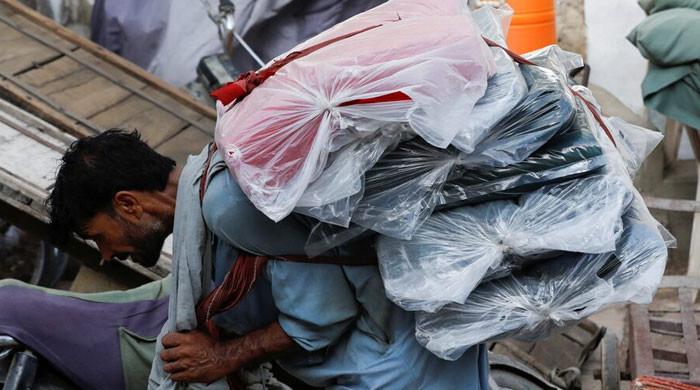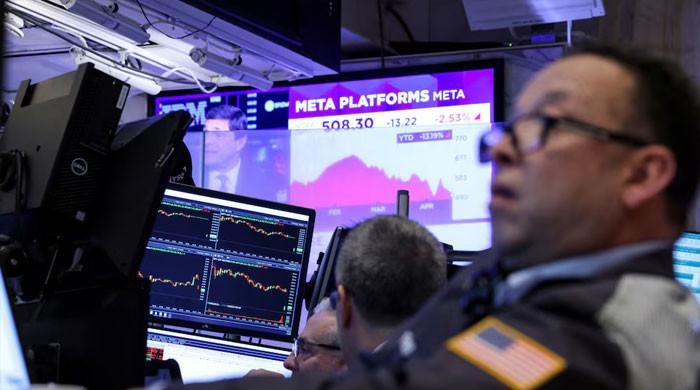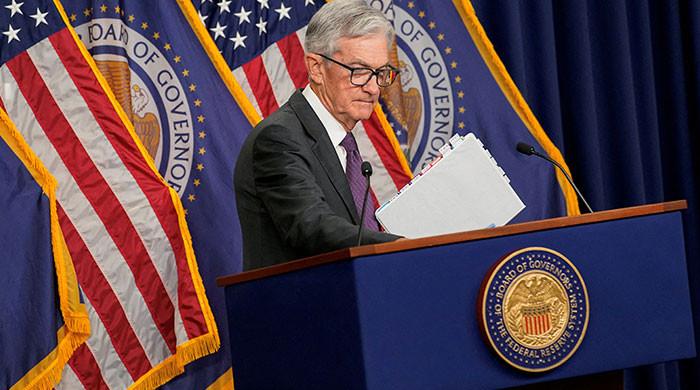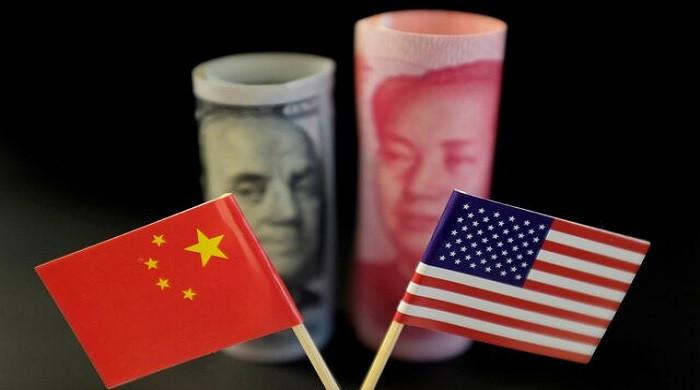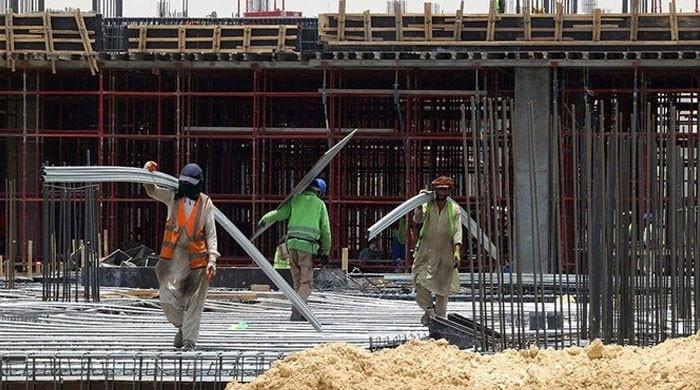Brazil backs out of BRICS currency push, but aims to cut dollar dependence
Brazilian officials say shared BRICS currency idea never reached technical talks despite President Lula's push
February 13, 2025

- Brazil presidency will not push for common currency this year.
- July BRICS summit to discuss cross-border payment initiatives.
- Focus on easing international payments, cutting reliance on USD.
Brazil's BRICS presidency this year will not advance a common currency for the group of major developing economies this year, four government officials said, but its agenda may pave the way for less reliance on the US dollar (USD) in global trade.
That agenda could draw the ire of US President Donald Trump, who has twice in recent months warned the BRICS group, founded by Brazil, Russia, India, China, not to challenge the dominance of "the mighty US dollar."
"There is no chance that BRICS will replace the US dollar in International Trade, or anywhere else, and any Country that tries should say hello to Tariffs, and goodbye to America!" Trump wrote on social media last month.
The Brazilian officials, who requested anonymity to discuss plans, said the idea of a shared currency to replace the dollar, floated by President Luiz Inacio Lula da Silva and others at recent BRICS summits, has never entered technical discussions.
Three of the sources said Brazil is instead pushing reforms within BRICS to ease international payments in local currencies, opening the door to less dependence on the dollar for global trade, although they said that is not the main objective.
"It's not directed against anyone," said one source, who stressed the focus was on reducing friction for global trade.
The agenda includes studying technologies such as blockchain and linking payment systems to cut transaction costs, following standards set by multilateral bodies like the Bank for International Settlements (BIS), the three sources said.
"No one wants to create trouble, but BRICS countries also don't want to abandon the idea of exploring this possibility," said another source, adding that no member countries intend to eliminate their dollar reserves.
Even Lula has backed off the idea of a new currency for the bloc, while still defending last week the BRICS nations' "right to discuss establishing forms of trade that do not make us fully dependent on the dollar."
Last week, Brazil's Finance Ministry and central bank discussed their proposals for the BRICS presidency this year, including cross-border payment initiatives, sources said.
Neither institution responded to a request for comment.
Summit in sight
BRICS representatives will meet in South Africa this month on the sidelines of the G20 meetings, where Brazil will present its plan for the BRICS summit in July, the sources added.
Founded in 2009 and soon expanded to add South Africa, the BRICS group has recently included Egypt, Ethiopia, Indonesia, Iran, Saudi Arabia and the United Arab Emirates, making it a growing diplomatic counterweight to traditional Western powers.
Brazil has gained prominence in discussions of global payments with the rapid rise of its instant payments system, called Pix, which launched in late 2020 and has already surpassed the use of cash, credit and debit cards.
In his first public remarks as Brazil's new central bank chief last week, Gabriel Galipolo said Pix is programmed in a way that it can be easily integrated with other payment systems, although governance challenges remain an important hurdle.
Brazil already operates a Local Currency Payment System (SML), managed by its central bank through agreements with Argentina, Uruguay and Paraguay.
The system allows transactions to be settled directly in Brazilian reais, bypassing the dollar as an intermediary and eliminating the need for foreign exchange contracts.
Although the system lowers intermediation costs, settlements take at least three business days, which has limited adoption.
Argentina was the top trade partner with SML transactions last year, totalling 5.1 billion reais ($878 million) — just a fraction of their overall $27.4 billion in bilateral trade.
"With instant payment technology, these connections could become more secure, faster and cheaper," one of the sources said.




